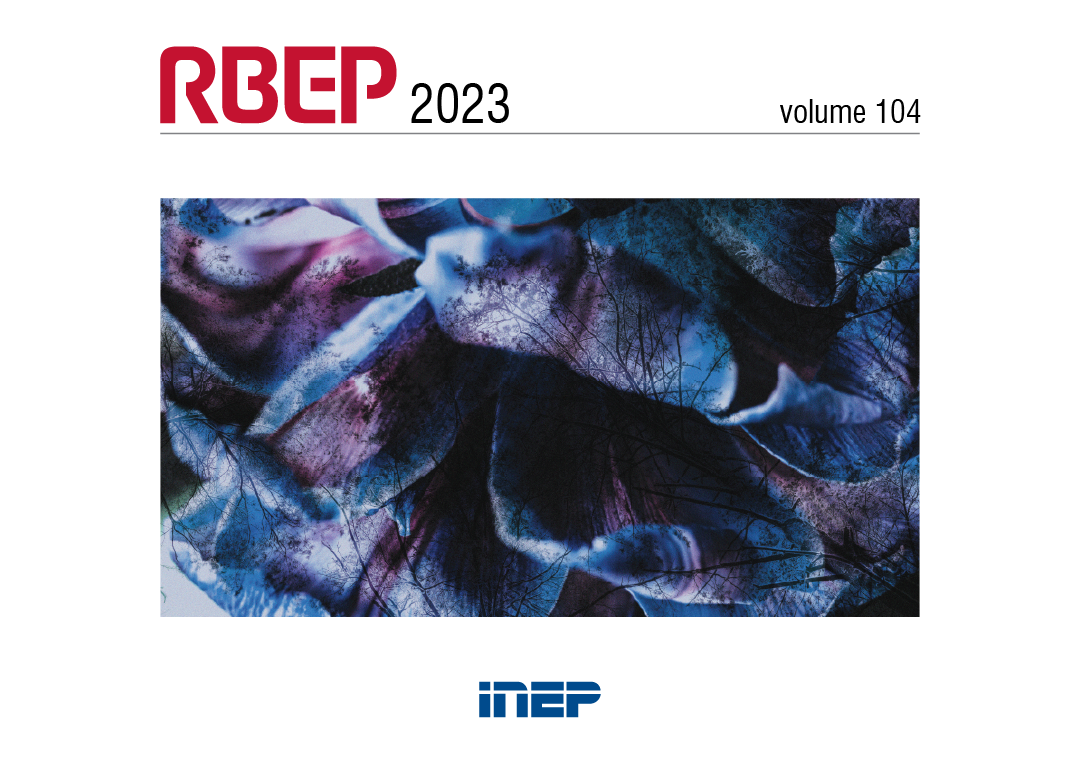Continuing education from the perspective of inclusion through research and extension: mediating roles between theory and practice in establishing study-reflection groups
Abstract
The main focus of this qualitative study is the continuing education from the perspective of inclusion through research and extension. The need of cooperative relationships between university and society/school through research and extension can contribute to a production of knowledge that encompasses social context. Thus, this study seeks to analyze the possibility of professional continuing education from the perspective of school inclusion of the special education target audience, through research and extension in establishing study-reflection groups, in a partnership between university and (state and municipal) education networks. The current data have been collected by a research group (registered in the CNPq Research Directory) that has produced research and extension on continuing education through a perspective of inclusion. A critical-collaborative action research was employed as theoretical-methodological reference, based on Jürgen Habermas’ communicative rationality and the mediating roles of theory and practice. Study-reflection groups under analysis were composed of special education managers, professionals in education networks, researchers, teachers, and students from a federal university. Data indicate the possibility of developing and implementing continuing education processes from an emancipatory perspective, democratically producing knowledge through self-reflection.
Downloads
Copyright (c) 2023 Brazilian Journal of Pedagogical Studies

This work is licensed under a Creative Commons Attribution 4.0 International License.
Once their work is accepted for publication, author’s copyrights are automatically relinquished to the National Institute for Educational Studies and Research Anísio Teixeira (Inep).
Since 2016, the journal Revista Brasileira de Estudos Pedagógicos (RBEP) uses the licence CC-BY.
Partial or total reproduction of the content of this Journal is permitted provided that the original publication is properly referenced, as well as a link to license CC BY 4.0 and to indicate any possible alterations made to the article.




















